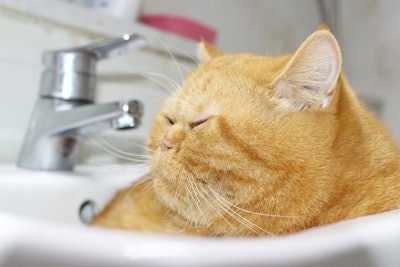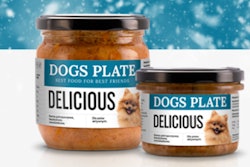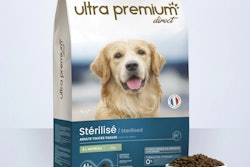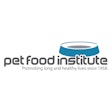
Hill's Pet Nutrition has partnered with the Association for Pet Obesity Prevention (APOP) to address the growing pet obesity crisis, which affects nearly two-thirds of America’s dogs and cats. The collaboration focuses on empowering veterinary teams and pet parents with improved communication strategies, educational resources, and evidence-based treatments to help pets achieve and maintain a healthy weight.
"While conversations about a pet's weight can be sensitive, they are crucial for ensuring the long-term health and well-being of our patients," said Dr. Karen Shenoy, US chief veterinary officer for Hill's. "This collaboration will equip veterinary teams with the tools and information they need to guide these discussions effectively, creating a supportive environment for pet parents and, ultimately, helping pets live healthier, happier lives."
The partnership also supports APOP’s annual weight and nutritional management survey, which will provide critical insights into pet owner perceptions and help shape future strategies. It can be difficult for pet parents to acknowledge when their pet is carrying extra weight. A 2023 APOP study revealed that only 28% of cat owners and 17% of dog owners recognized their pets as overweight.
Additionally, a second study will explore implicit biases in veterinary care for overweight pets, with the goal of ensuring equitable, high-quality treatment. Dr. Leslie Hancock, chief medical officer at Hill's, emphasized the importance of addressing bias, noting that understanding these factors is essential for delivering balanced nutritional recommendations and effective care.
"Recognizing potential bias is crucial for equitable, high-quality care, especially when addressing a pet's weight," said Hancock. "Understanding these biases, alongside proper nutrition, can help us mitigate their impact and improve patient well-being. A balanced, appropriate diet plays a key role in achieving and maintaining a healthy weight, and we must ensure our recommendations are free from unintended bias."
This initiative is part of Hill's broader "End Pet Obesity" campaign, aimed at working closely with veterinary professionals to improve pet health outcomes.
According to Petfood Industry's Top Pet Food Companies, Hill's Pet Nutrition sells more than 300 products, principally through authorized pet supply retailers and veterinarians in more than 80 countries worldwide. Hill's operates major manufacturing and warehousing facilities in Bowling Green, Kentucky; Topeka, Kansas; Emporia, Kansas; and Richmond, Indiana, U.S. Its primary research center is located in Topeka, Kansas. Hill's also runs major manufacturing and warehousing facilities in the Czech Republic and the Netherlands.
Adapted from a press release.



















